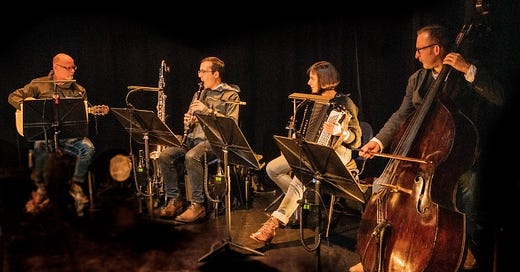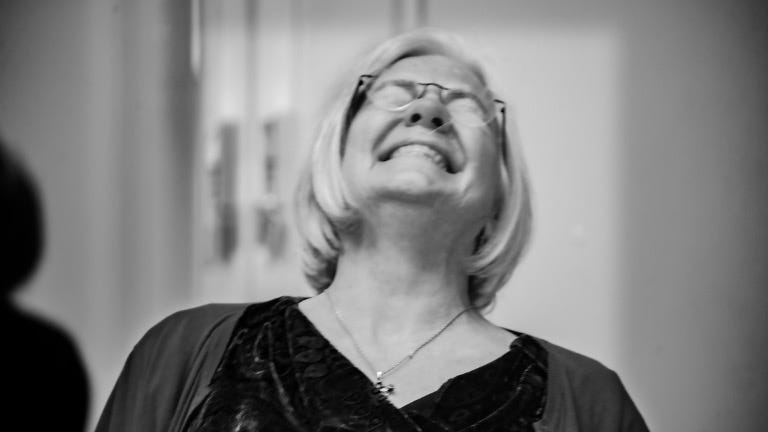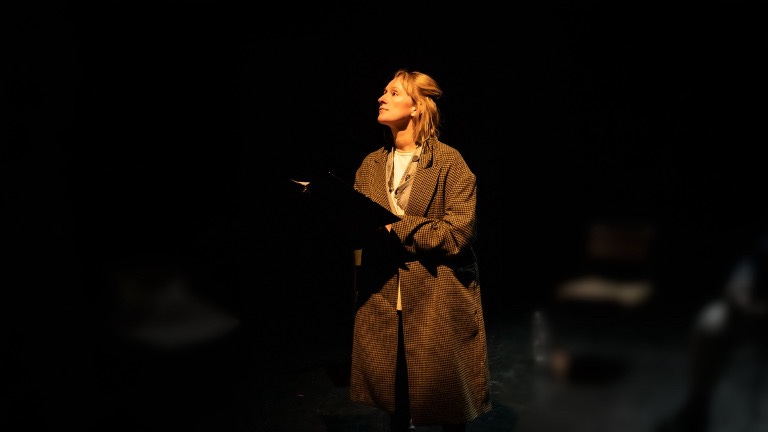The following texts are a compilation from producer Tina Ellen Lee’s summary of comments by author, Julia Nelki; director, James Bonas; and composer/instrumentalist Marcel Becker about this deeply moving piece of work which I have had the honour to be involved in.
“STUMBLING STONES – ‘stolpersteine’ – are powerful physical memorials to Jews who were killed in the Holocaust or who had to flee. Engraved brass plaques are set into the pavement in front of the last home where victims lived.
“The Stolpersteine were first conceived by artist Gunter Demnig https://www.stolpersteine.eu/en/home in Cologne in 1992 as part of an initiative commemorating Roma and Sinti victims of the Holocaust. He installed the first Berlin Stolperstein four years later. He has now laid over 70,000 stones, personally overseeing the wording and installation of each one. The task keeps him on the road for 300 days a year.”
“The company has spent several months working with the script based on the book Villa Russo by Julia Nelki and including the writing, stories and poetry of Loraine Masiya Mponela, Philomene Uwamaliya and Qais Attallah.”
JULIA: “I have always been interested in families and their stories and I hope by hearing mine, you may be inspired to tell yours. I wrote the book, based on my father’s research, to finish the work he had started, an act of love to him. Unexpectedly, the process of writing became my journey of exploration too and connected me with my Jewish and German identities as well as my English one. When I started, I wanted to let people know what had happened in the past. I wanted the book to be a way to hold on to memories, both painful and positive, and to look forward to ways to keep connections, with joy, solidarity, and music, as happened around our links with the Villa Russo. I had not fully realised just how relevant the stories would be today or that things could change so fast: how many communities have been, and still are, shattered by war and persecution, how many families are torn apart. This makes it even more important to learn about each other, celebrate our differences, bring people together and hold on to our compassion and humanity.”
JAMES: “If the arts in general, and theatre in particular, are one of the mirrors in which we see ourselves reflected, then the stories we choose to tell are a vital part of our social, cultural and political discourse. Julia’s family narrative weaves through centuries and continents and forms the core of the work that we’re creating. It’s a story in which the dreams, courage and creativity of a group of people across generations crash up against terrible prejudice, harsh reality and the Andes. But what comes over most clearly is a sense of great resilience, a capacity for love and joy and a recognition of the fundamental value of humanity. It is this that led us to broaden the scope of the work to include music, voices and testimony from people who in the recent past have found their families torn apart or found themselves on the outside looking in.
“The work so far has been developed in collaboration with people from Malawi, Rwanda and Gaza. At this early stage their writing, voices and presence have been woven into Julia’s story and are an integral part of the piece.”

MARCEL: “Whether it's Klezmer, Sephardic, Yiddish song, Tango or Norteno, all the music we play has no single origin. Even the compositions by Mendelssohn and Kurt Weill we included in the programme are about the fusion of different styles and cultures. We are not looking for purism or looking for historically informed performance practice. Instead, we are aiming to develope the music by searching for inspiration from all around, as the people did who originally created the tunes. So, the questions about identity and belonging, hope and reconciliation are very much in the centre of our musical journey, as well as being central themes in the play. We chose the music as an additional emotional layer to deepen the experience of the story. Stumbling Stones is not only about remembering the past. It is about exploring the relevance of the past to the present and future.”

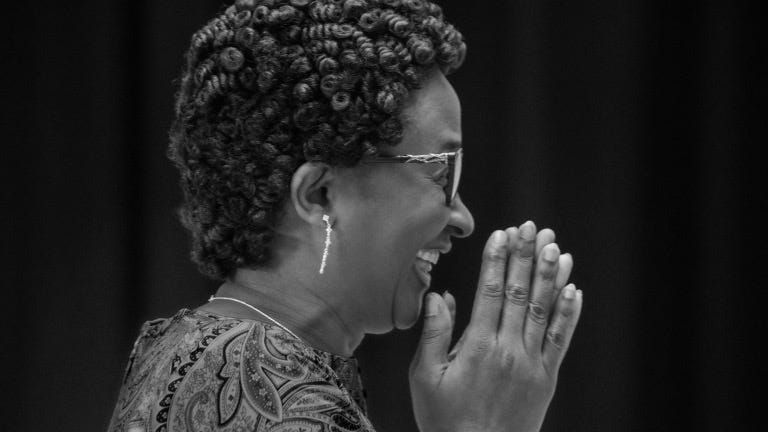
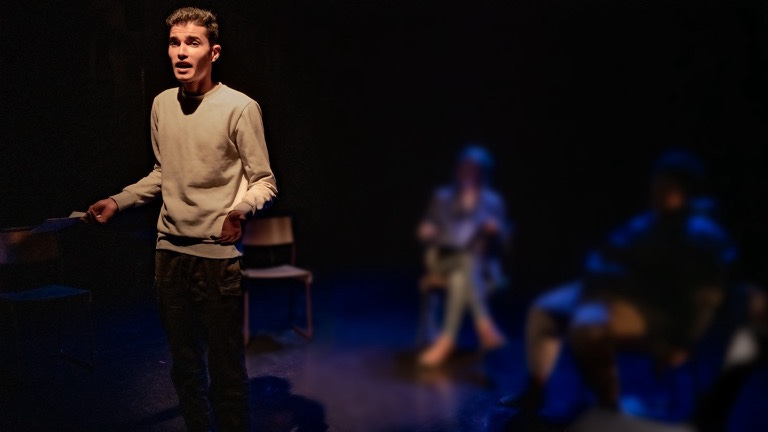
NB: Robert is working on a trailer for the project.
For further information contact Tina Ellen Lee at admin@operacircus.co.uk

